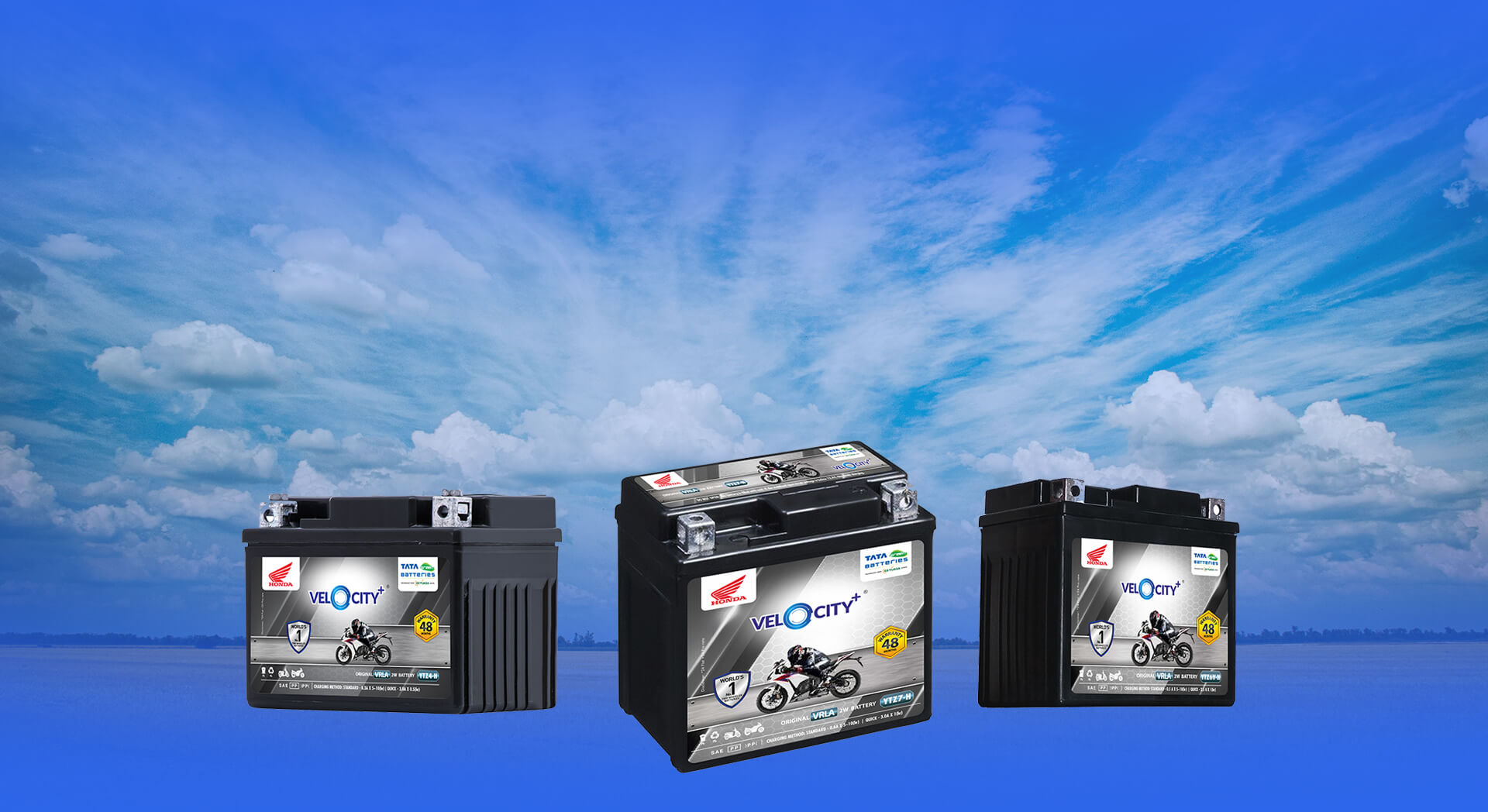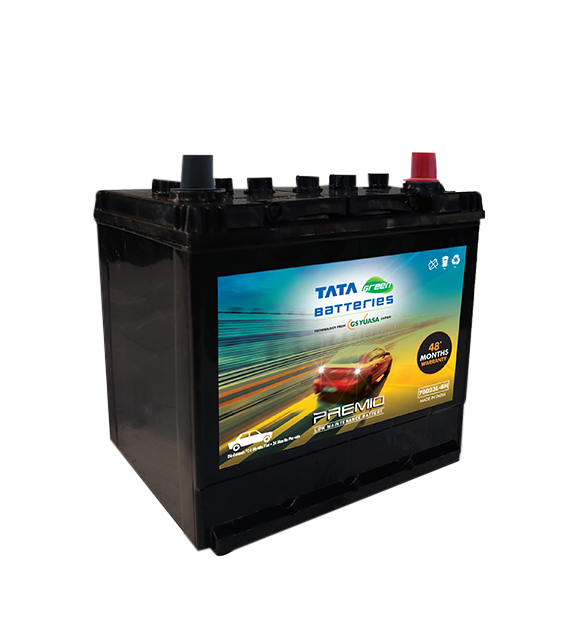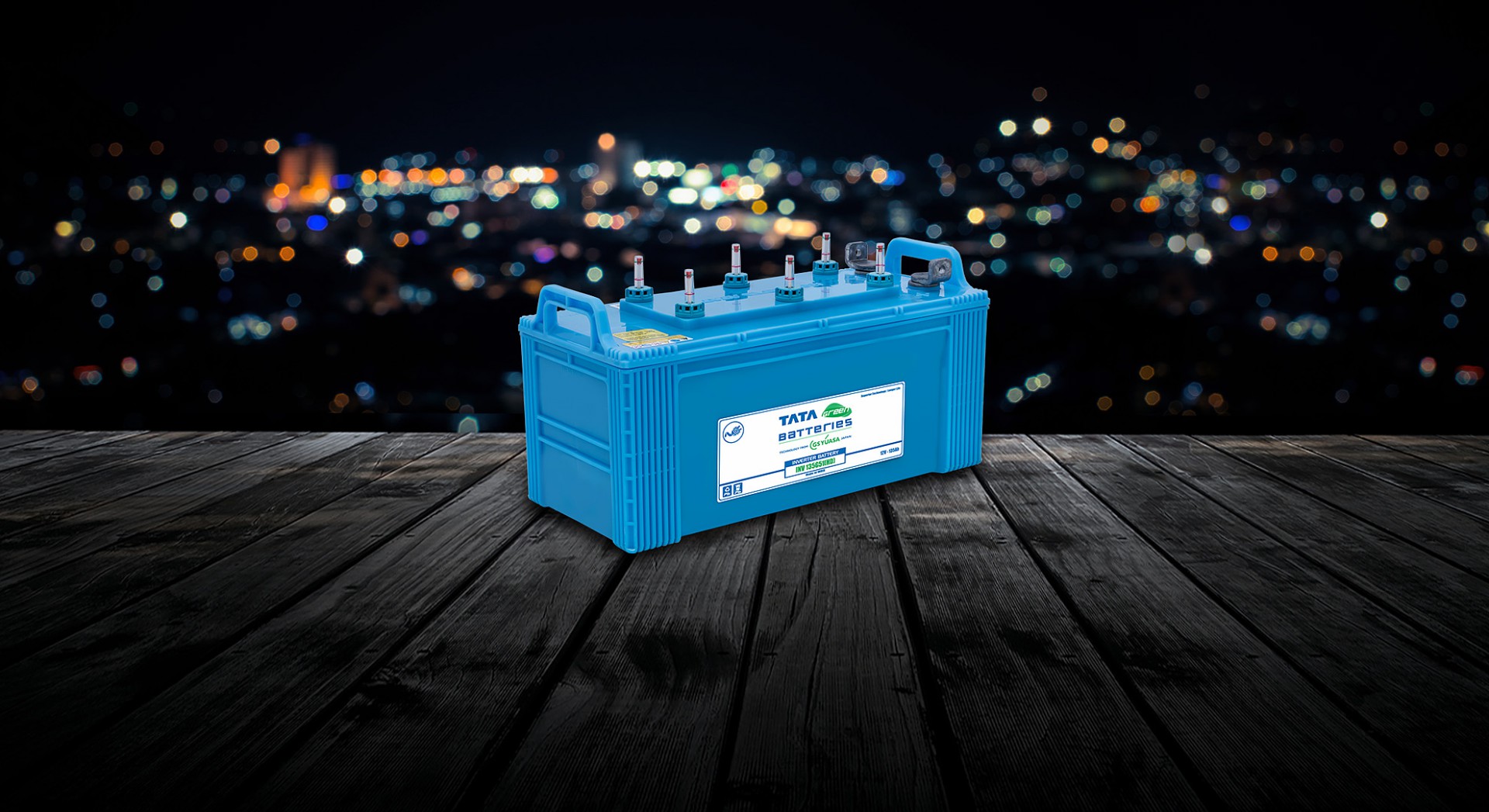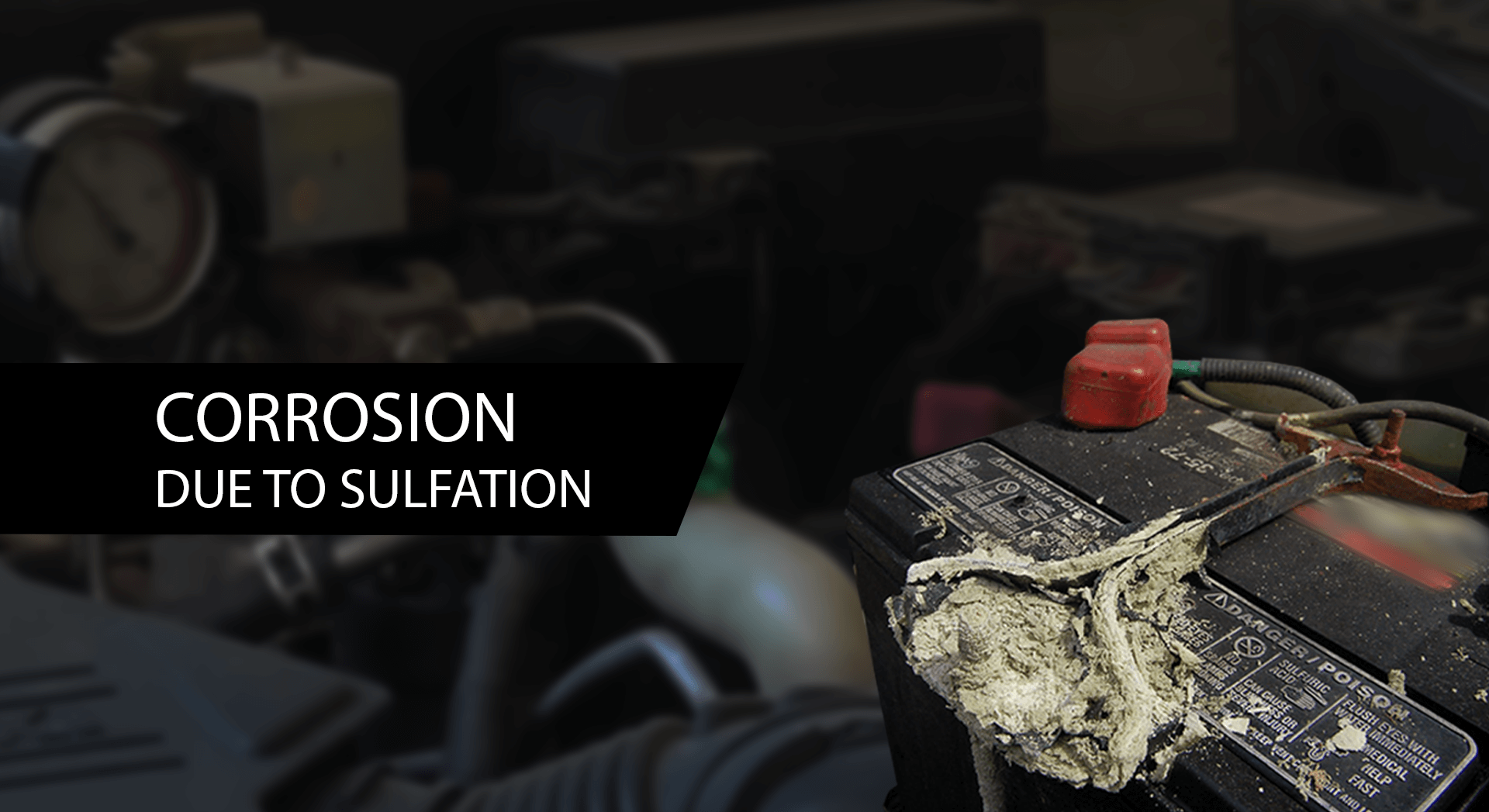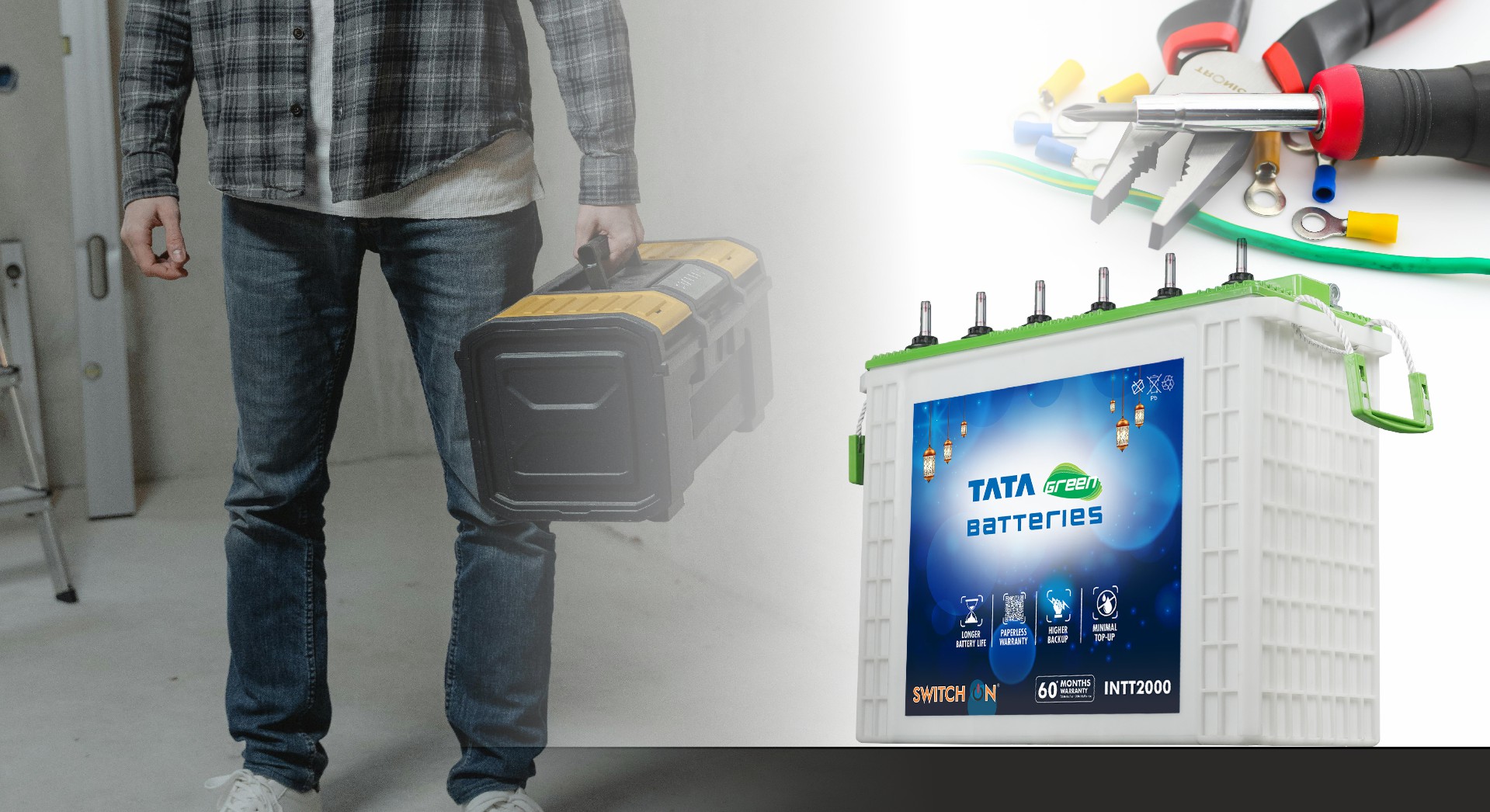When it comes to keeping your home powered, an inverter battery plays a pivotal role, especially during those unexpected power cuts. A reliable inverter battery helps maintain your home’s comfort while keeping all your electrical appliances charged. To maximise the battery lifespan and performance, understanding proper battery maintenance techniques is the key. However, many homeowners wonder: Should I handle battery maintenance myself, or is it better to call a professional? Let’s dive into the details of inverter battery upkeep and help you make the best choice.
The Basics of Inverter Battery Maintenance
Before we decide on a path, let’s clarify what maintenance involves. An inverter battery needs regular checks to ensure it operates efficiently. This can include:
- Inspecting battery terminals for corrosion
- Checking fluid levels in flooded batteries
- Ensuring connections are tight and secure
- Testing the charge status of the battery
While some of these tasks may seem straightforward, others can become complicated quickly, especially if you’re unfamiliar with battery systems.
DIY Battery Maintenance: The Benefits
- Cost Savings: Tackling battery maintenance yourself can save you significant costs. Hiring professionals often involves service fees that can be expensive, especially if you require regular maintenance of the battery. With the right tools and patience, you can handle basic upkeep without the added expense.
- Learning Opportunity: Taking a hands-on approach allows you to learn about your inverter battery and how it functions. This knowledge can empower you to make informed decisions in the future, whether it’s troubleshooting issues or choosing the right battery.
- Flexibility and Convenience: You’re not bound by a professional’s schedule. If you notice something amiss, you can address it immediately, without waiting for an appointment. This flexibility can be especially crucial during severe weather when power outages are common.
The Downsides of DIY
While DIY might sound appealing, it’s essential to know its limitations also:
- Safety Concerns: Batteries contain hazardous materials, and mishandling them can lead to dangerous situations, including leaks or even explosions. If you’re unsure about the process or lack the necessary protective equipment, it’s wise to call a professional.
- Complex Issues: Some problems are more intricate than they appear. For example, if your battery isn’t charging properly, it may indicate an underlying electrical issue. Diagnosing these problems without the right expertise can lead to more significant damage.
- Time Investment: Depending on your familiarity with battery systems, DIY maintenance can take considerable time. For busy individuals, dedicating that time might be difficult, especially if it detracts from other priorities.
When to Call a Professional
Knowing when to dial a professional is just as critical as knowing how to perform maintenance yourself. Here are situations where you should opt for expert help:
- Deep discharge Issues: If your inverter shows signs of low battery, it’s often best left to professionals. They can conduct detailed tests to diagnose the root cause of the problem and advise on whether a repair or replacement is necessary.
- Corrosion and Chemical Damage: If you notice excessive corrosion or any signs of leaking, a professional can address the safely. They have the appropriate tools and safety gear to manage hazardous materials effectively.
- Warranty Limitations: If you still have a valid battery warranty trying to fix it yourself could void the agreement. Consulting a professional can help maintain the warranty’s validity, offering you peace of mind in case of future issues.
- Electrical Knowledge: If you’re uncomfortable with electrical systems or unsure about your ability to handle them safely, it’s best to call in an expert. Professionals have the training and experience to deal with complex electrical issues, ensuring your safety and the longevity of your inverter battery.
A Hybrid Approach: Finding Balance
Sometimes, the best solution lies in a combination of both DIY and professional assistance. Consider this hybrid approach:
- Routine Inspections: You can handle basic maintenance, such as checking fluid levels and cleaning terminals. Set a schedule, perhaps monthly or quarterly, to ensure everything is functioning correctly.
- Periodic Professional Check-ups: Schedule professional inspections annually or bi-annually to assess the overall health of your inverter battery. This proactive approach can help avoid serious issues and provide a comprehensive overview of your battery’s condition.
- Education and Resources: Invest time in understanding your inverter battery’s manual and maintenance requirements. Many manufacturers offer valuable online resources, which can be a treasure trove of information for DIY enthusiasts and beginners alike.
Final Thoughts
Choosing between DIY maintenance and professional help for your inverter battery ultimately depends on your comfort level and the specific needs of your battery. If you’re seeking a reliable and efficient option, consider TATA Green Inverter Batteries, a top choice for performance and durability.






